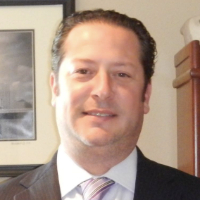Martinsville Reorganization Lawyer, Texas
Not enough matches for Martinsville Reorganization lawyer.
Below are all Martinsville Bankruptcy & Debt lawyers.
Jeffrey Dale Adams
✓ VERIFIEDDUI-DWI, Family Law, Personal Injury, Consumer Bankruptcy, Business
When you’re facing a legal challenge, there’s no substitute for the guidance of an experienced, skilled lawyer who has had success in cases just l... (more)
Russell Ray Smith
Environmental Law Other, Insurance, Credit & Debt, Personal Injury, Employee Rights
Status: In Good Standing Licensed: 33 Years
William N. Pedersen
Credit & Debt, Consumer Bankruptcy, Bankruptcy, Bankruptcy & Debt
Status: In Good Standing Licensed: 54 Years
James Edward Mullikin
Social Security, Elder Law, Administrative Law, Bankruptcy
Status: In Good Standing Licensed: 43 Years
David Joseph Guillory
Employee Rights, Employment, Consumer Rights, Consumer Bankruptcy
Status: In Good Standing Licensed: 35 Years
Michael P. Wallace (Mike)
Family Law, Bankruptcy, Bankruptcy & Debt, Household Mold
Status: In Good Standing Licensed: 33 Years
Danny Lee Simmons
Juvenile Law, Family Law, Credit & Debt, Personal Injury
Status: In Good Standing Licensed: 20 Years
Andrew Ernest Jones
Estate Planning, Bankruptcy, Family Law, Criminal, Commercial Real Estate
Status: In Good Standing Licensed: 10 Years


